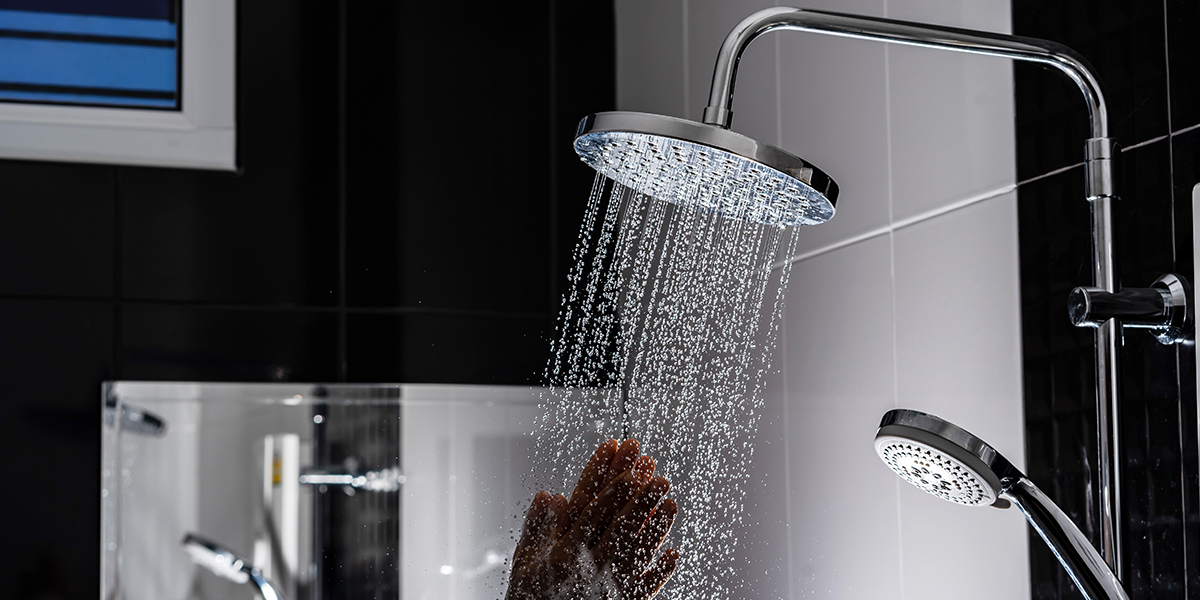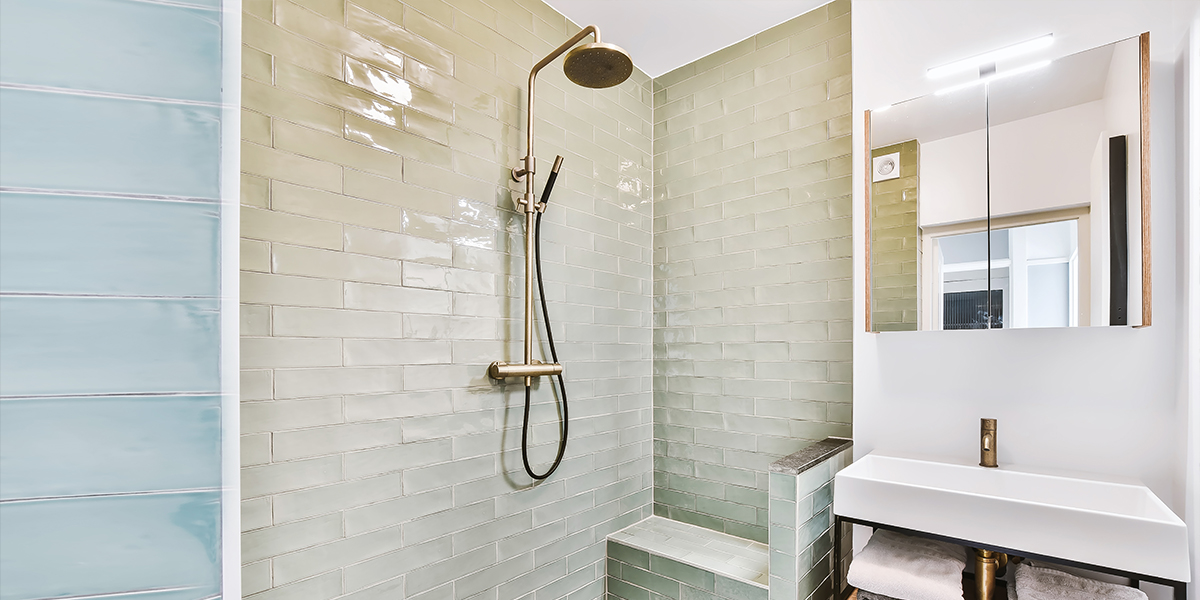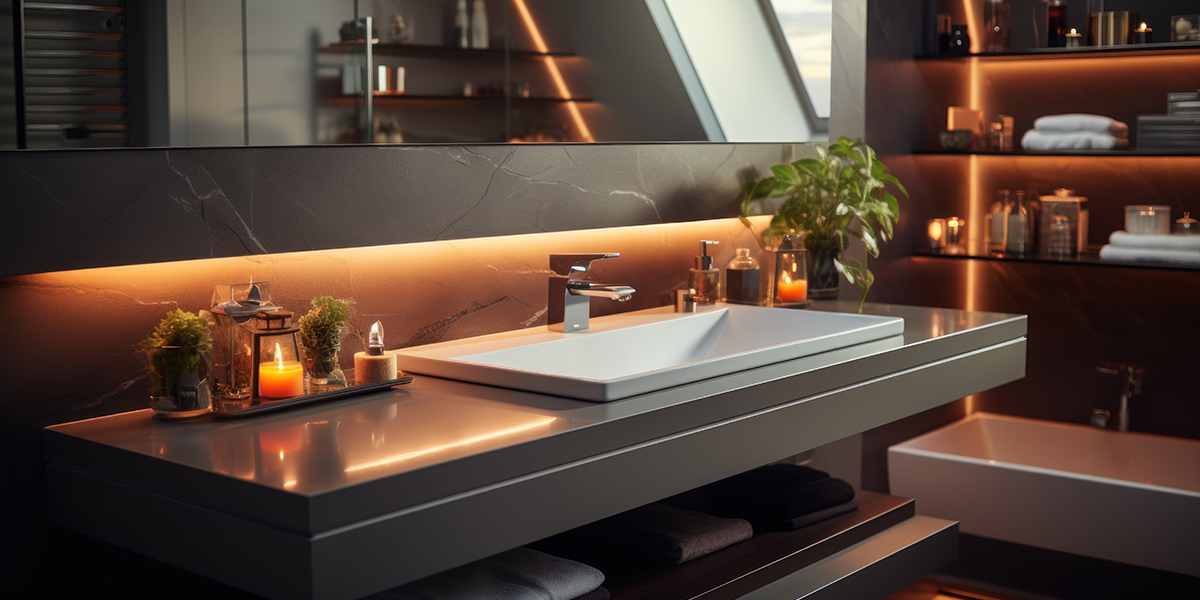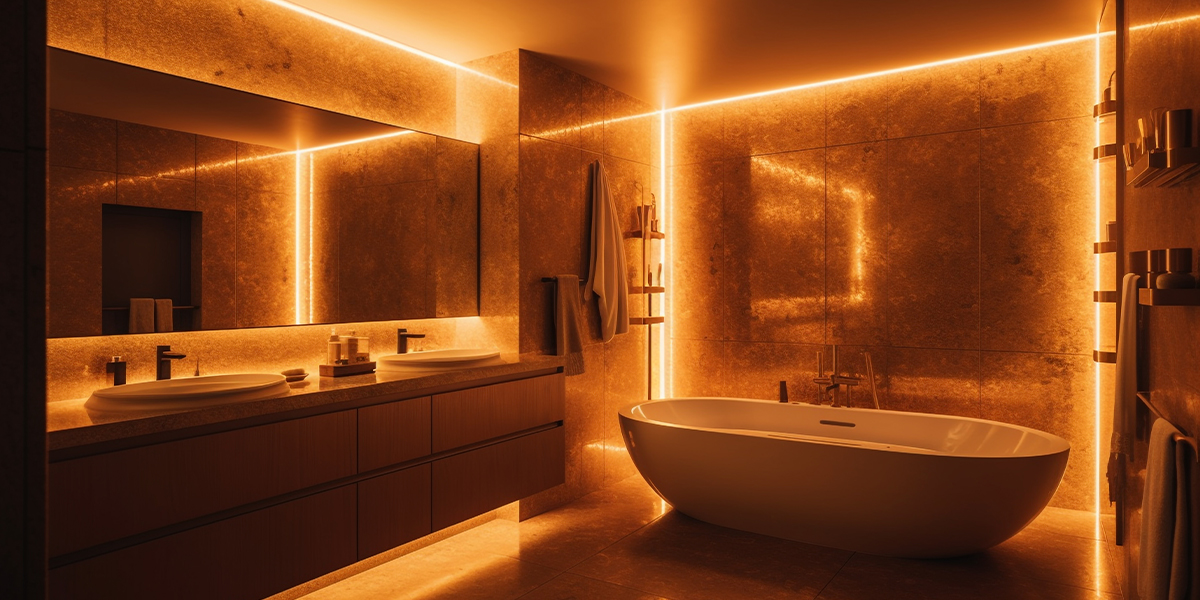In recent years, homeowners have increasingly been considering converting their tubs into showers. There are multiple reasons, including the convenience and safety of showers, the desire for increased accessibility, and the desire to update the style and design of their bathrooms. If you are considering a tub-to-shower conversion, it is essential to determine the pros and cons before making a decision.
Pros of Converting Your Tub into a Shower
- Converting your bathtub into a shower has numerous advantages. First and foremost, showers are typically quicker and easier to use, making them a more convenient option for those homeowners who are running out of time or have mobility issues. Showers are also safer than bathtubs because you don’t have to walk over a high edge to enter or depart.
- Showers also offer increased safety, as they eliminate the requirement to step over a high edge to enter and exit. Additionally, converting your tub into a shower provides an opportunity to update style as well as the design of the bathroom, with a wide range of design options available to suit your personal preferences.
- In general, showers are less expensive to install and maintain than bathtubs, making them a more economical choice over time. Changing your bathtub into a shower might make better use of the space you have available, especially in smaller bathrooms.
- Enhanced Accessibility: Making a bathtub into a shower can make the bathroom more accessible for people with mobility challenges.
- A walk-in shower with a low threshold can be easier to navigate than a bathtub, especially for those who have limited mobility or those who use a wheelchair or any other mobility aid.
- Style and Design: Converting a bathtub into a shower can also provide an opportunity to update the style and design of your bathroom.
- Showers come in a variety of styles, from sleek and contemporary to conventional and traditional. You may design a more unique and useful room that suits your unique wants and tastes with a tub-to-shower conversion.
- Price and Upkeep: In general, installing and maintaining a shower is less expensive than a bathtub. Showers can save utility costs since they need less water to operate. Additionally, because showers don’t need as much cleaning and upkeep to keep them looking clean and fresh, they are simpler to clean and maintain than bathtubs.
Cons of Converting the Tub into a Shower
- Before making the decision, it is necessary to think about the possible drawbacks of turning your bathtub into a shower. The limited utility of a shower in comparison to a bathtub is one of the biggest disadvantages.
- After a long day, if you want to unwind and rest in a warm bath, switching to a shower could make you desire this luxury. In case you have little children or pets that need to be bathed, a bathtub can be more useful and suitable for your purposes.
- The added water use that results from taking a shower is another possible drawback. Showers might use more water even though they are typically quicker than baths, especially if you have a history of taking long, hot showers. The result will be higher utility costs and more water usage, which is not good for the environment. However, it is essential to note that there are measures you can take to reduce the extra water a shower uses, including installing low-flow showerheads.
- Ultimately, it is essential to carefully consider your personal needs as well as preferences, the layout, and the size of your bathroom, before deciding to convert your bathtub into a shower.
Still Confused? Get Free Consultation from Silverado Showers
If you are still unsure whether a tub-to-shower conversion is right for you, consider contacting Silverado Showers for a free consultation. With locations in Puyallup, University Place, and Tacoma, Silverado Showers can help you in finding the best option for all your specific needs and budget. Whether you are looking for increased accessibility, updated style and design, or lower maintenance and utility costs, they can help you make an informed decision.








